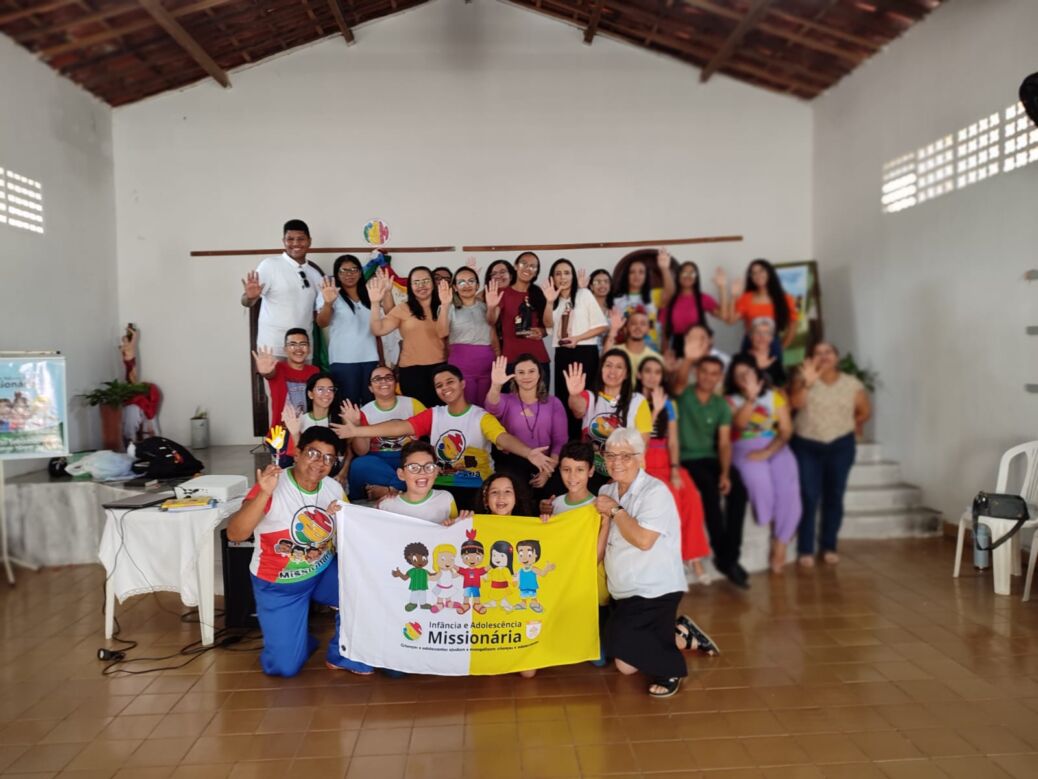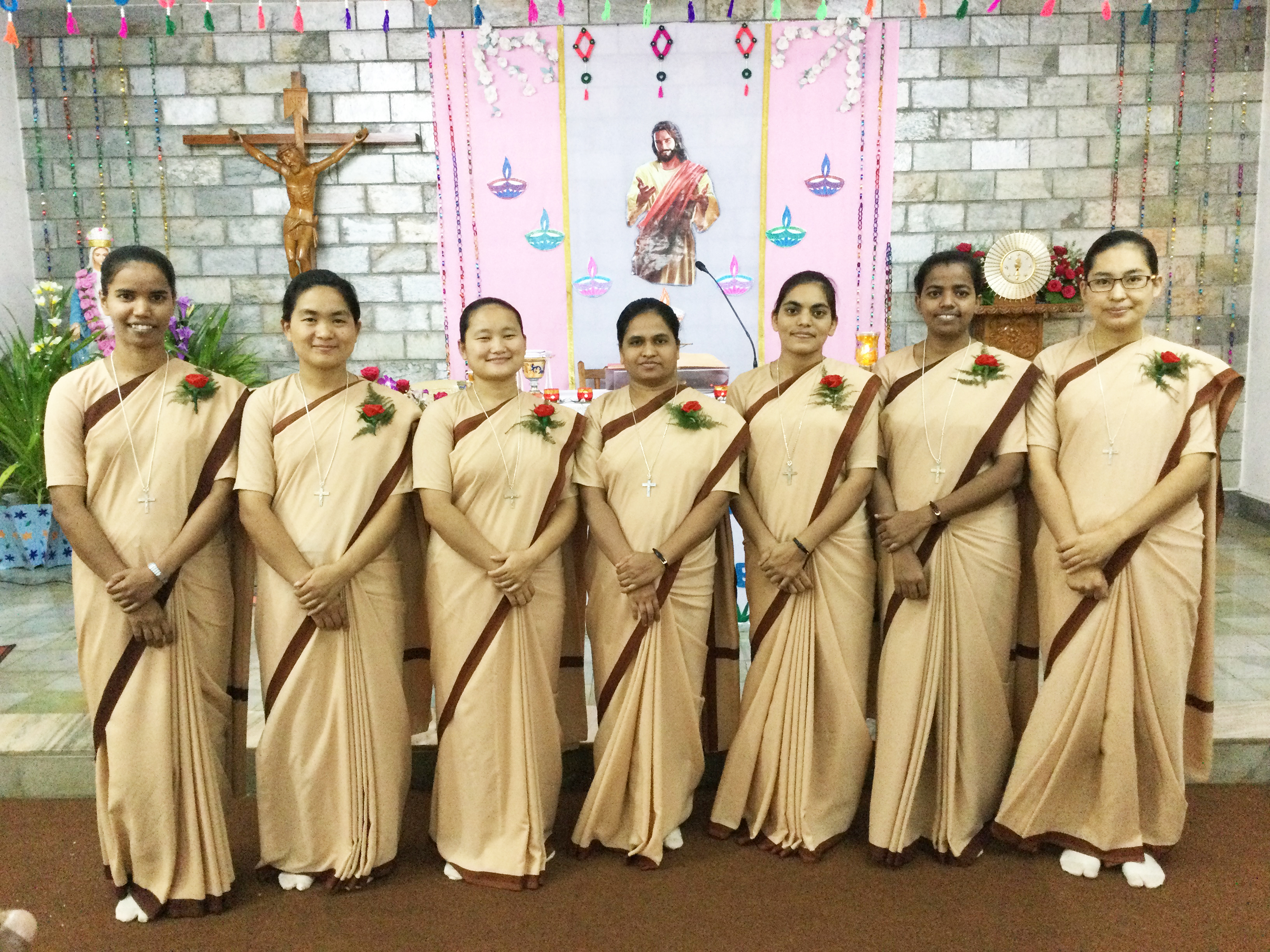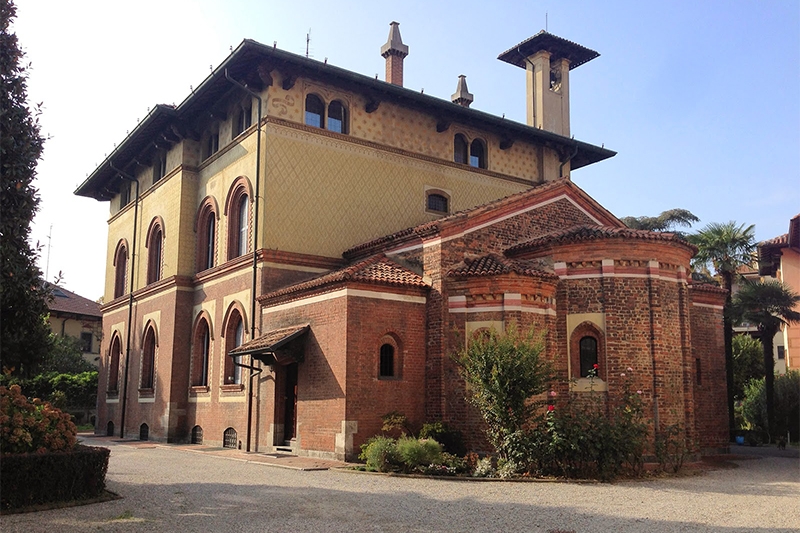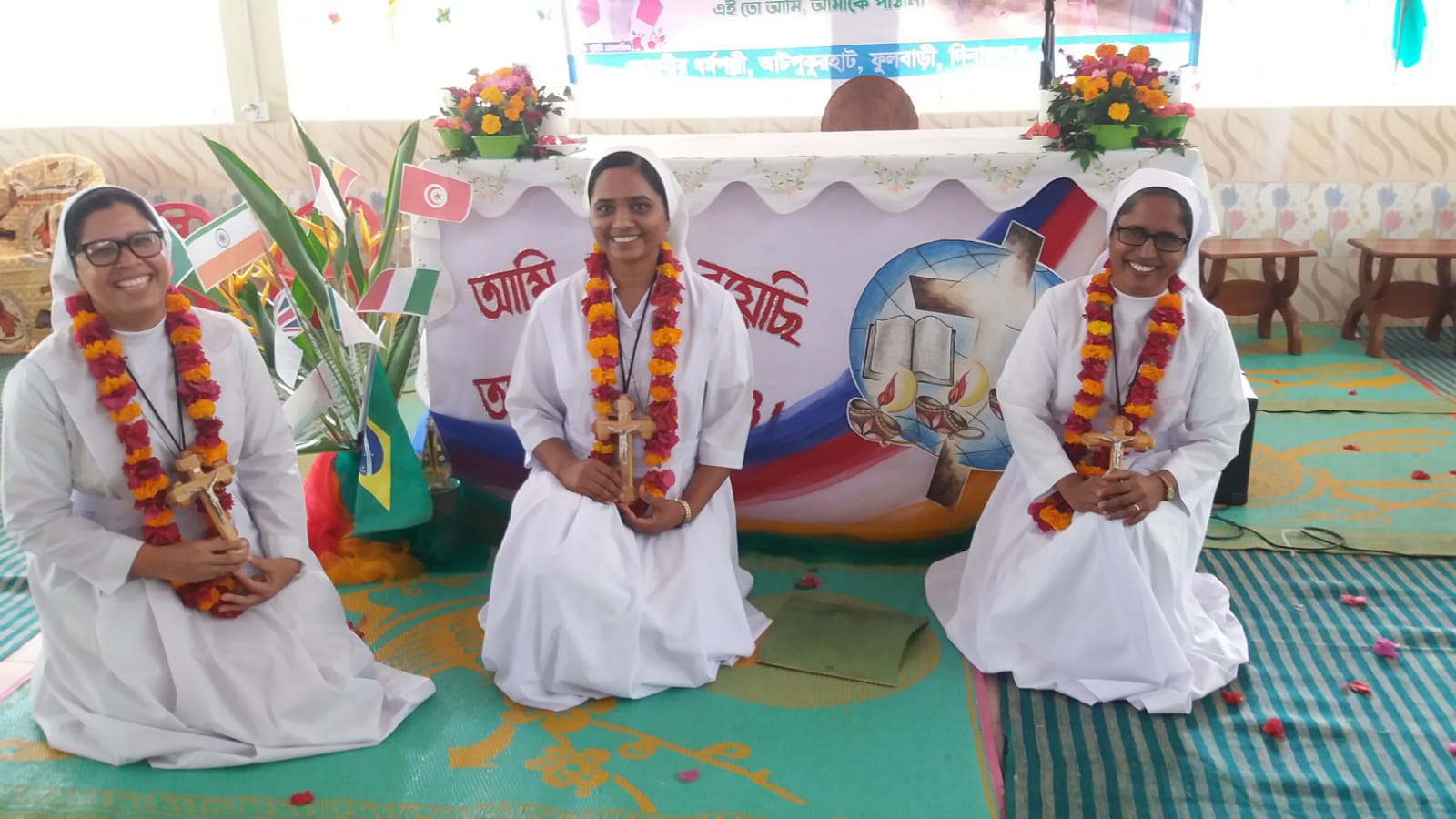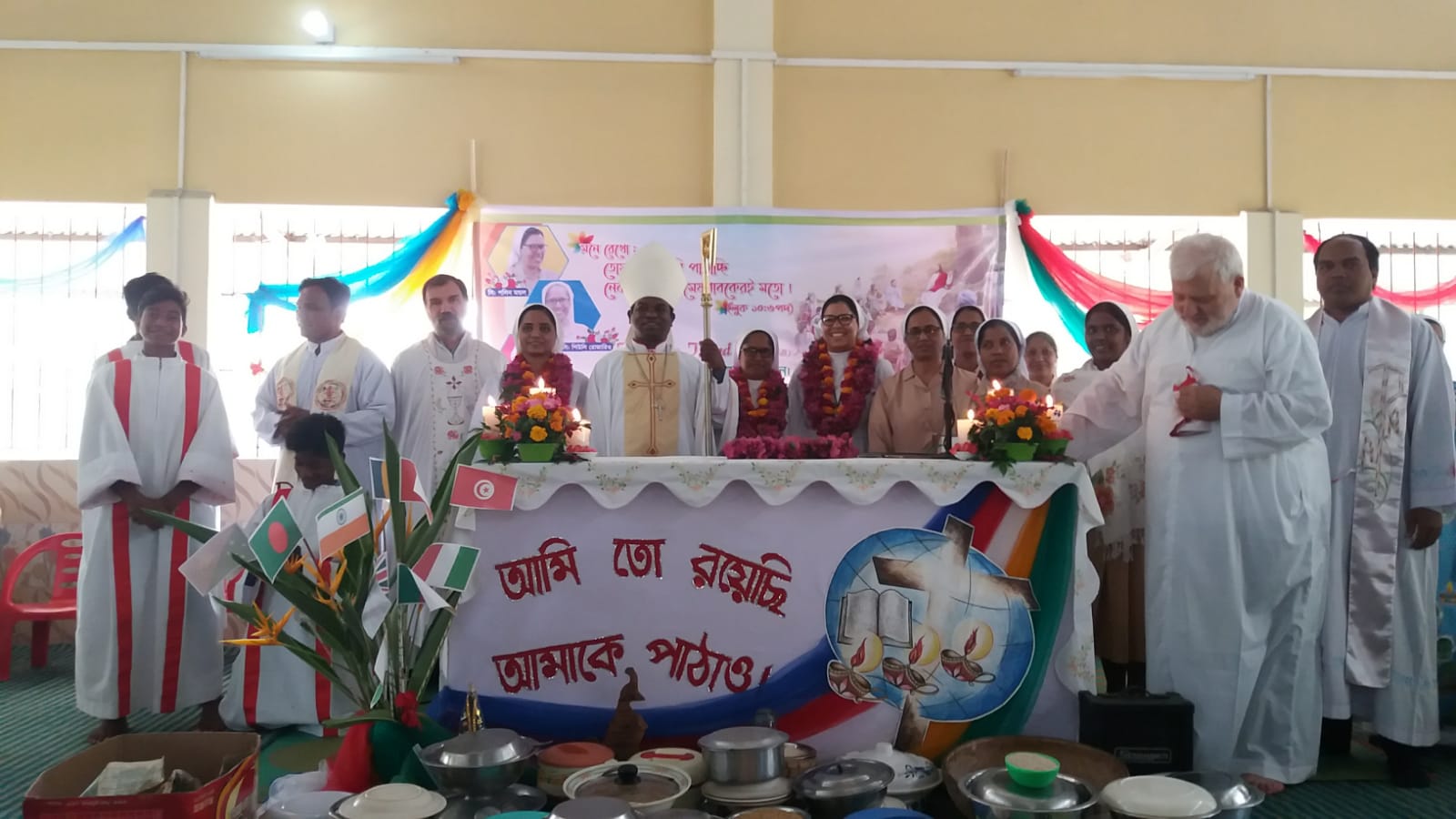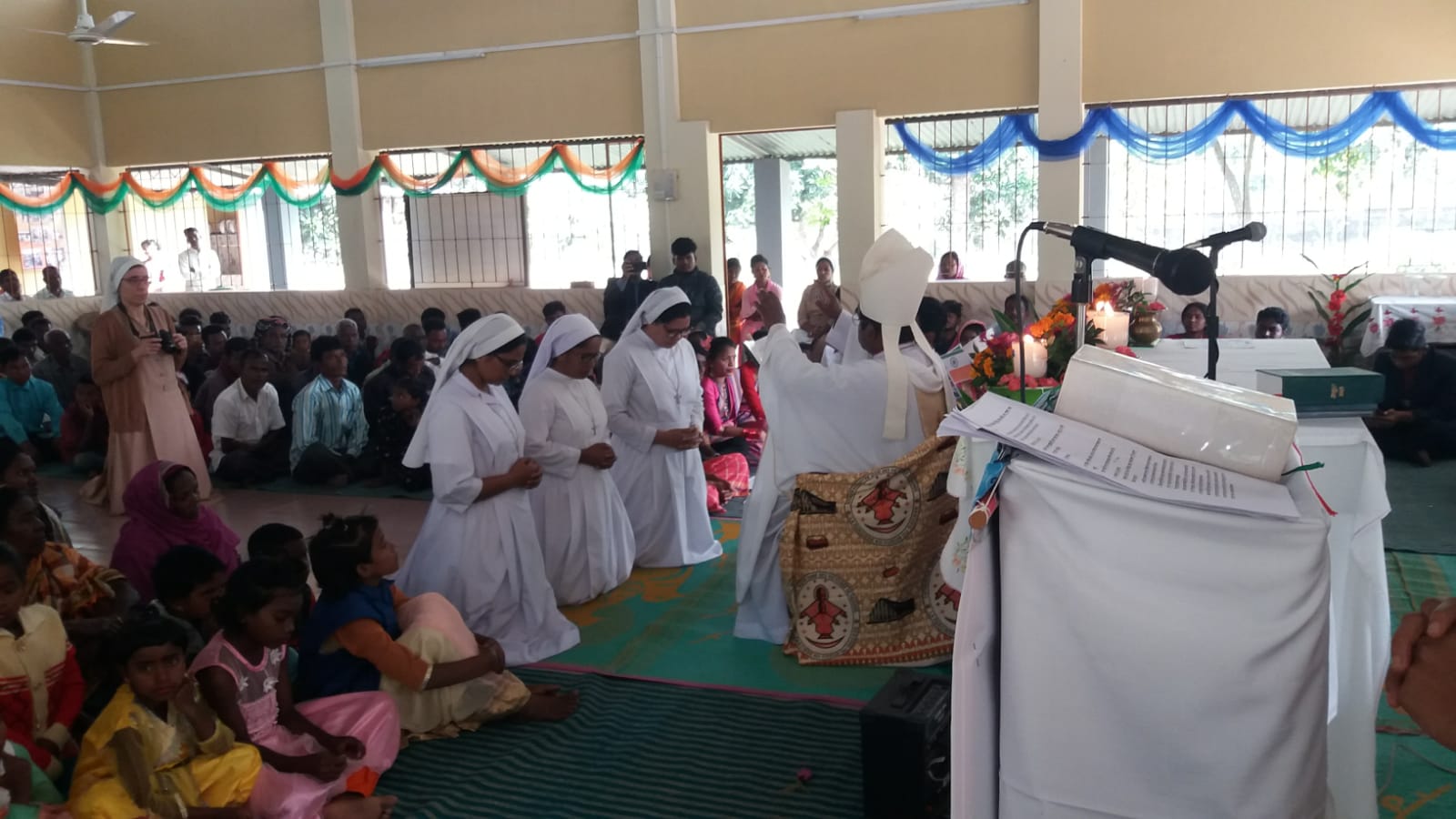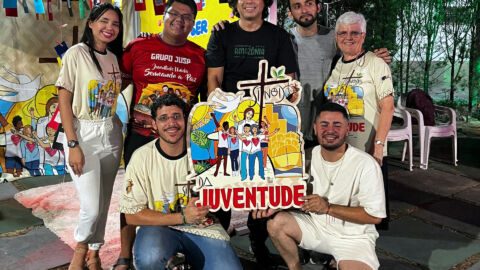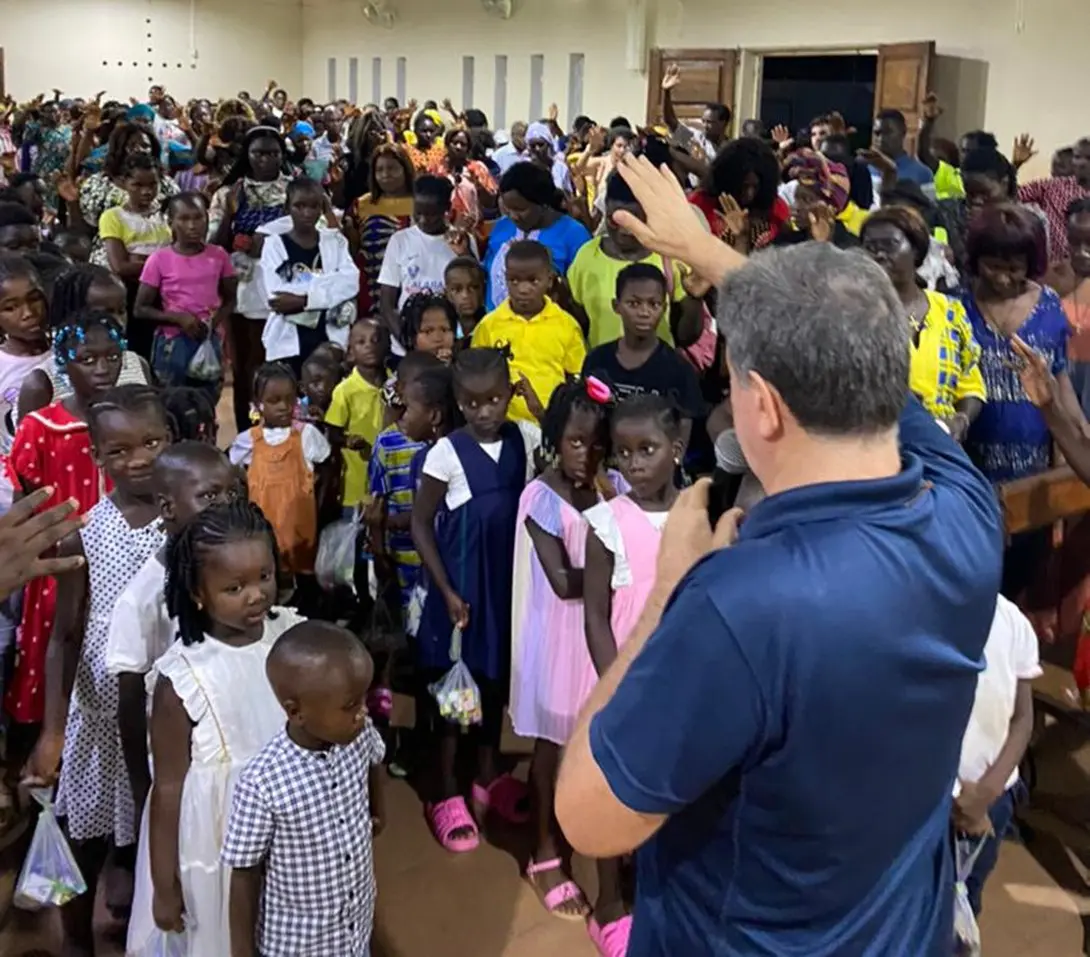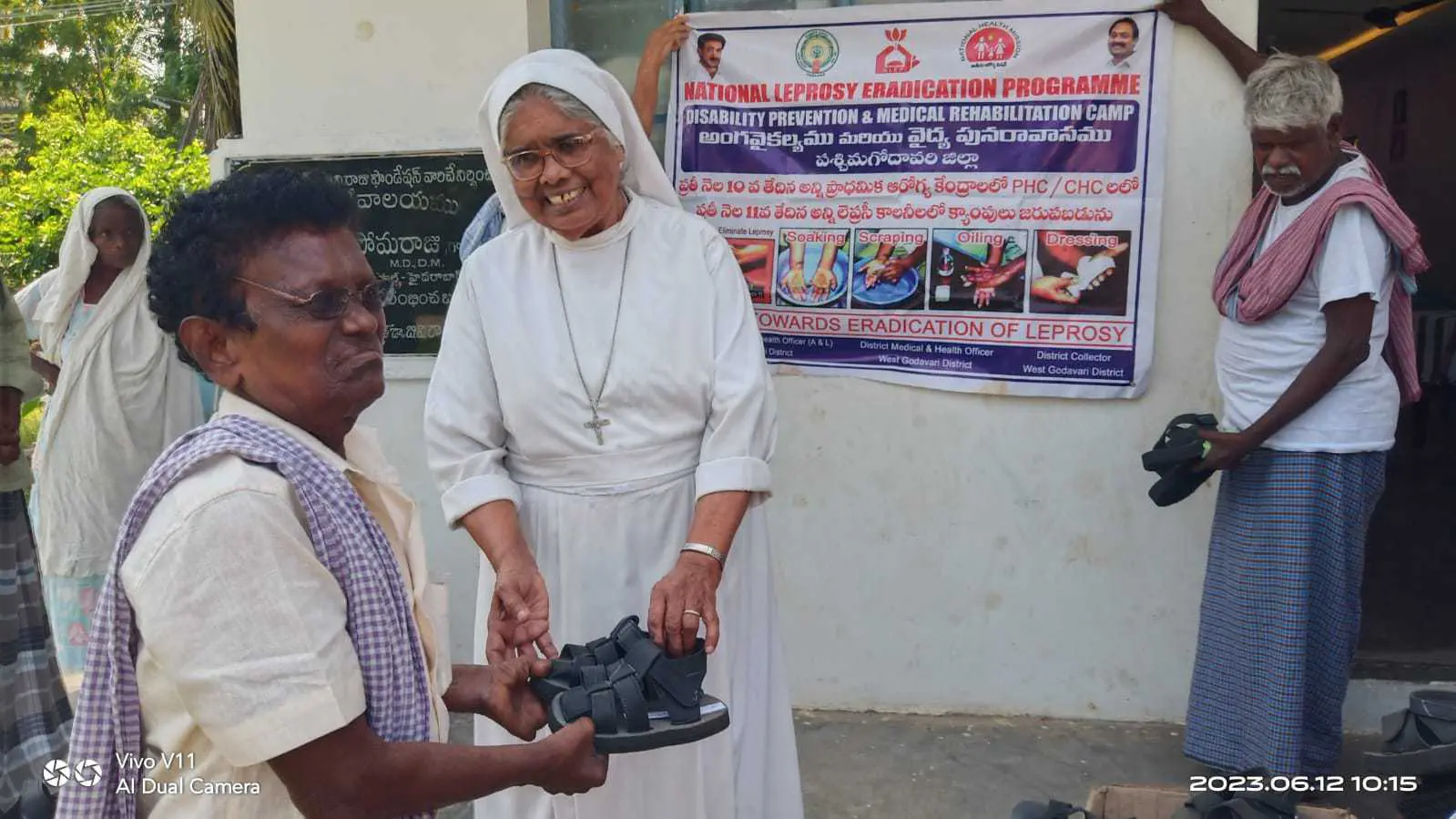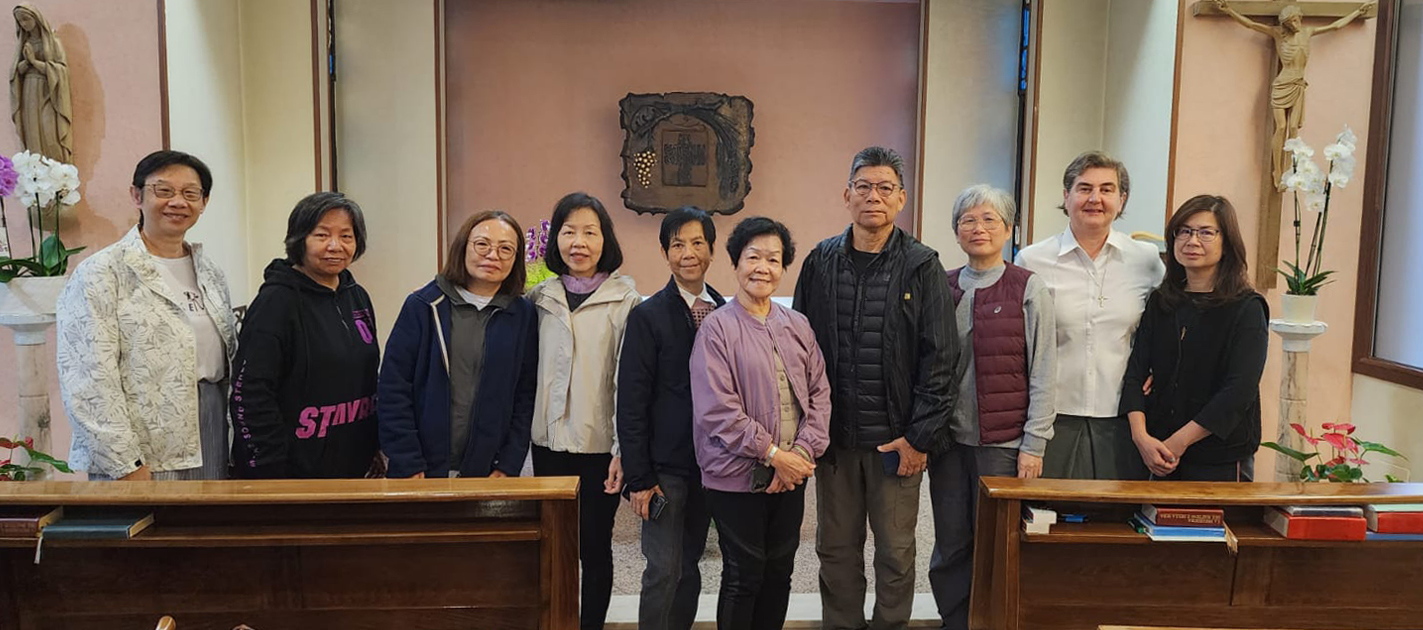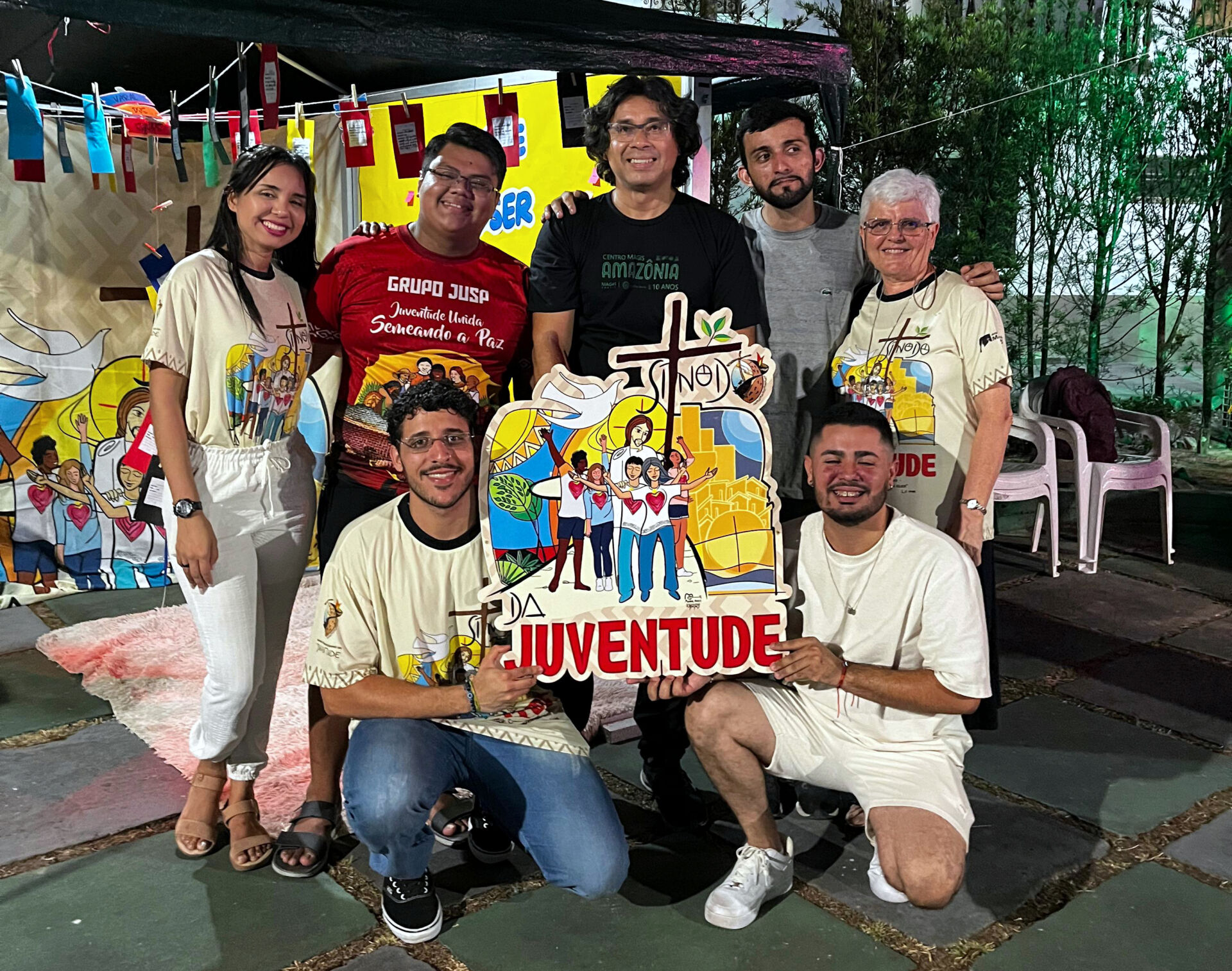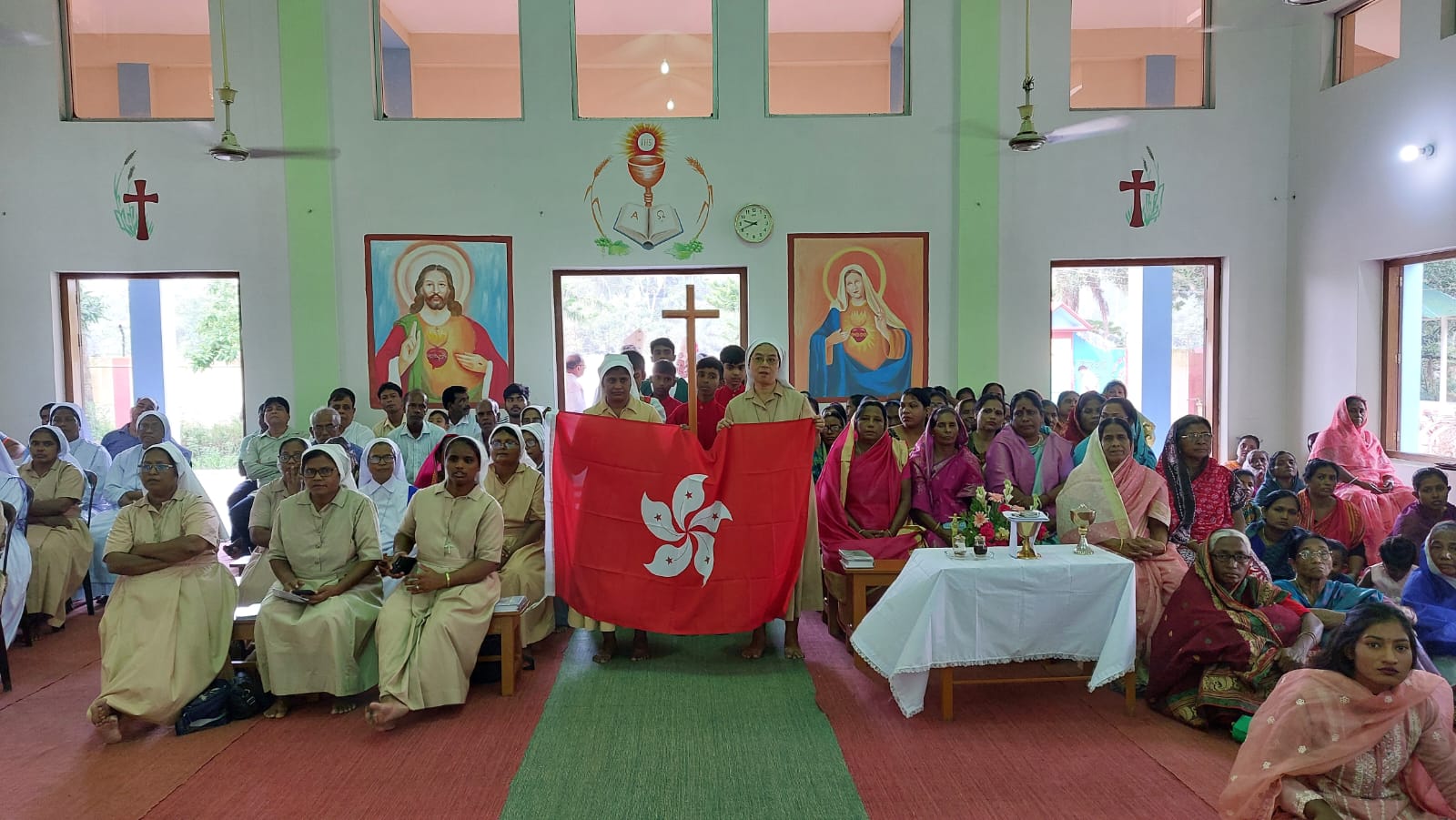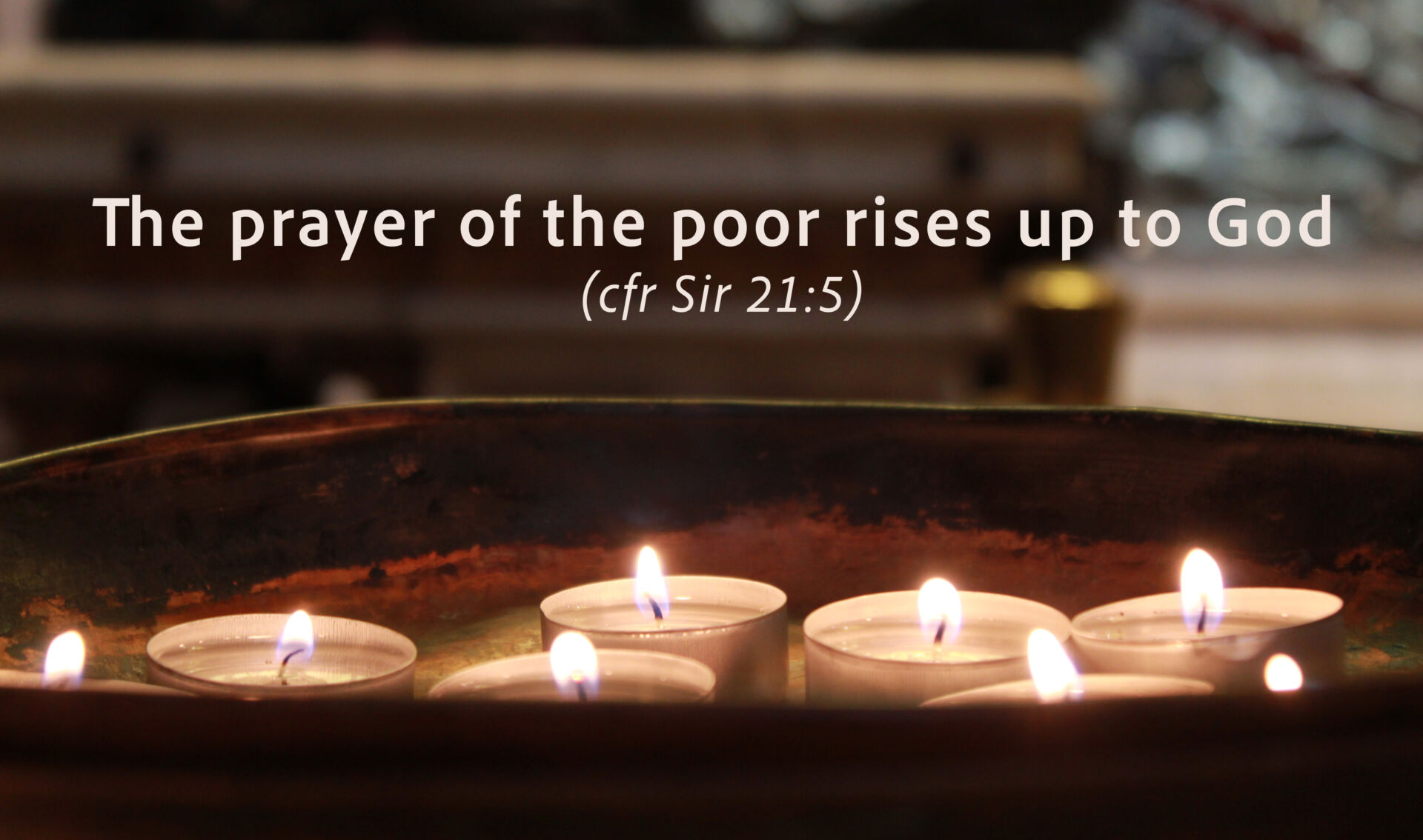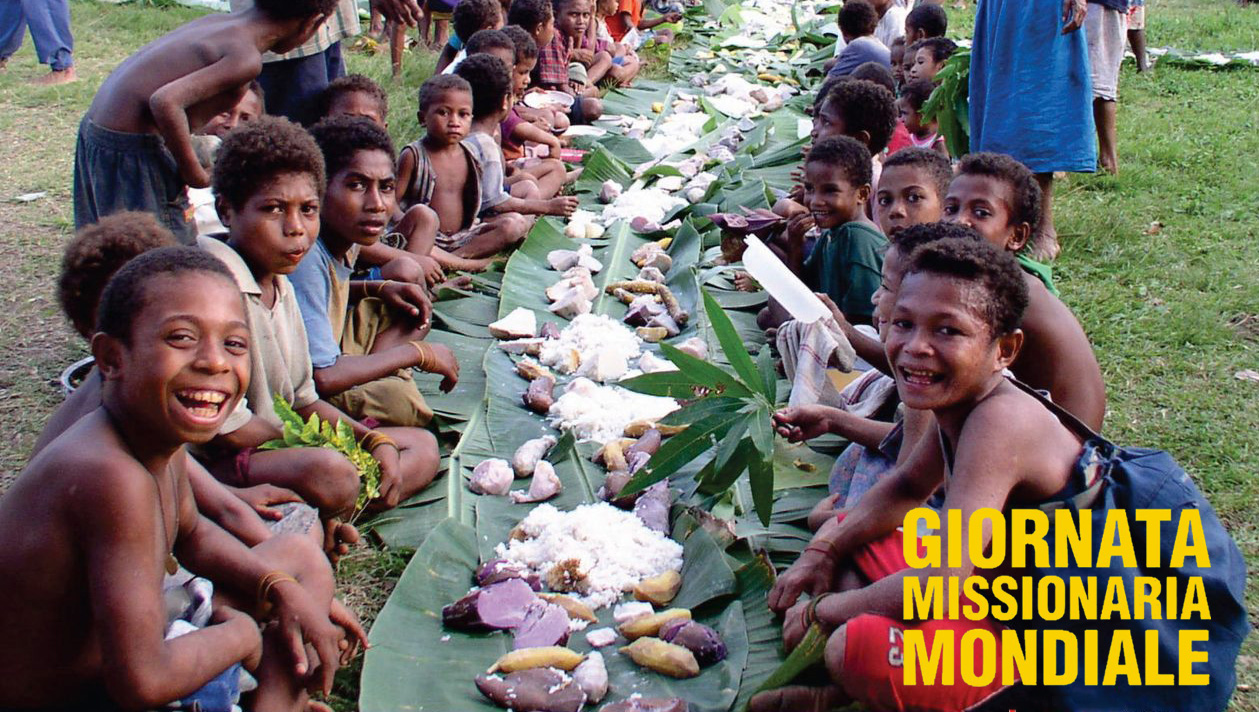A small presence in a very large territory: Independência is a small city in the heart of semi-arid northeast, in the state of Ceará. Here, our presence is in a parish area of 3,300 km, on a land that is arid and burned by the sun for 9 months of the year. There are only 3 months of winter, so defined not because of the onset of cold, but because it is marked by rain, when São José, the patron saint of this state, intercedes with benevolence. Our presence is a simple sign of the concrete closeness of the Lord who does not want any of those that the Father has given him to be lost. In fact, the population is small; just over 21 thousand inhabitants distributed, in more than 60 rural communities in the interior, about 65 km from the city center.
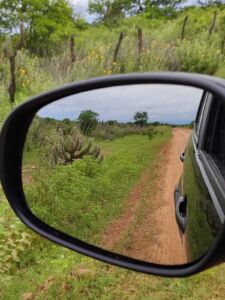 The social reality is complex because the political authorities of the municipality, who are in office for many long years without any interest in the real situation of the “little ones”, leave many families abandoned to themselves, with very few options, especially in the long period of drought. The town has no factories, no industries, no job offers, nor opportunities for study beyond the compulsory schooling. In the rural area, one lives on agriculture, when the rain allows sowing and harvesting, and breeding of small animals when possible. In recent years the municipality, until now hidden from the interests of large drug traffickers, has been occupied by some factions waging war, competing for dominion over the territory still “uncontaminated” by the drug trade, thus causing the involvement (and violent death !) of many adolescents and young people, to whom unfortunately concrete reality does not offer many alternatives. The lack of opportunities causes mistrust in children, there is a lack of motivation to “fly high” and so, after compulsory schooling, communities become empty. The adults and elderly remain, while young people leave the city and their state and go in search of work or study opportunities elsewhere.
The social reality is complex because the political authorities of the municipality, who are in office for many long years without any interest in the real situation of the “little ones”, leave many families abandoned to themselves, with very few options, especially in the long period of drought. The town has no factories, no industries, no job offers, nor opportunities for study beyond the compulsory schooling. In the rural area, one lives on agriculture, when the rain allows sowing and harvesting, and breeding of small animals when possible. In recent years the municipality, until now hidden from the interests of large drug traffickers, has been occupied by some factions waging war, competing for dominion over the territory still “uncontaminated” by the drug trade, thus causing the involvement (and violent death !) of many adolescents and young people, to whom unfortunately concrete reality does not offer many alternatives. The lack of opportunities causes mistrust in children, there is a lack of motivation to “fly high” and so, after compulsory schooling, communities become empty. The adults and elderly remain, while young people leave the city and their state and go in search of work or study opportunities elsewhere.
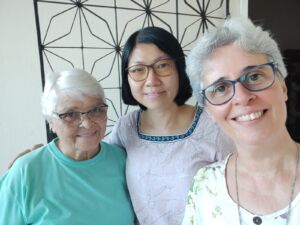
sr. Rosangela, sr. Vivian e sr. Sonia
What are the three Missionary sisters of the Immaculate from three different continents doing here? They try to walk with people, learning their pace, their timings, their rhythm. Life unfolds among many pastoral activities, but with a single intent: to meet people, to go out to reach everyone. Try to leave behind the “comfort of a home” to set out on mud-covered roads and literally devour dusty kilometers to find those waiting for a visit, a word, a presence. Being with, living near the well of each one’s heart, as “seekers” of precious and hidden pearls among the little ones of the Gospel who often have had no opportunity to discover and express them. Natural talents for art, music, poetry, singing, humor: the greatest Brazilian comedians, poets and artists are sons of this land! From living with the hard daily struggle comes an authentic ability to resist the “storms” of life and generate new life!
Since the painful origins of the Diocese of Crateus in 1964, the date of the beginning of the military dictatorship, we try to accompany the processes of a Church that wishes to be ever more synodal and missionary. The pastoral team, as well as its parish council, has been composed of laity, priests and communities of consecrated life, who, together try to think of pastoral paths starting from the life of small communities. Thus, there is space for creativity, daring novelties, entering schools and meeting the doubts and struggles of children, for celebrating the stages of life from birth to death and for listening to the difficulties of families. Above all for to discover that the people who welcome us with immense joy into their homes enjoy donating and sharing everything they have, with the “sisters who have come to live with us”.
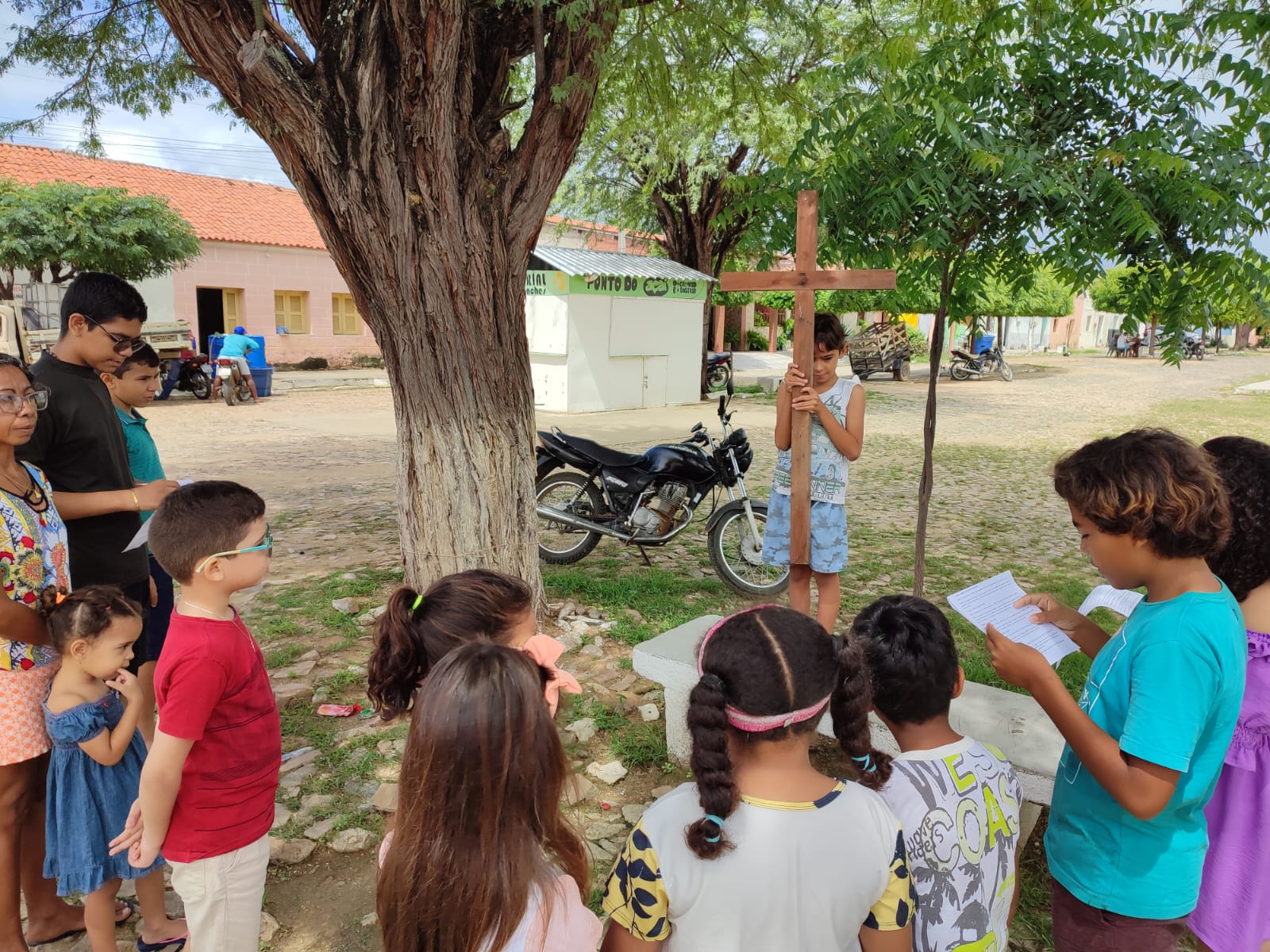 One example among many: after the celebration in a community, under a stupendous starry sky, a natural sanctuary that takes us back to the Creator, Dona Maria, who welcomed us into her home for dinner, opened her old refrigerator before setting us back on the road. It was practically empty, but she just put some eggs from her chickens that run free in front of the house. Without hesitating for a moment, she put them all in a tin and offered them to us with a broad smile. It was her gift to us for reaching her. It is not difficult for us to remember the widow in the Gospel who “put everything she had to live on” into the treasury of the temple.
One example among many: after the celebration in a community, under a stupendous starry sky, a natural sanctuary that takes us back to the Creator, Dona Maria, who welcomed us into her home for dinner, opened her old refrigerator before setting us back on the road. It was practically empty, but she just put some eggs from her chickens that run free in front of the house. Without hesitating for a moment, she put them all in a tin and offered them to us with a broad smile. It was her gift to us for reaching her. It is not difficult for us to remember the widow in the Gospel who “put everything she had to live on” into the treasury of the temple.
The harsh coexistence with drought, the burning of the earth where only the xique-xique (a type of typical cactus) resist, contrasts with the abundance of the generous gift that flows from the heart of anyone who welcomes us as daughters, mothers, sisters and which fills our missionary life with gratitude. This teaches us to share what we are, without fear of being small before the greatness of the simple and beloved of Jesus.
Sr. Sonia Sala, Province of South Brazil

